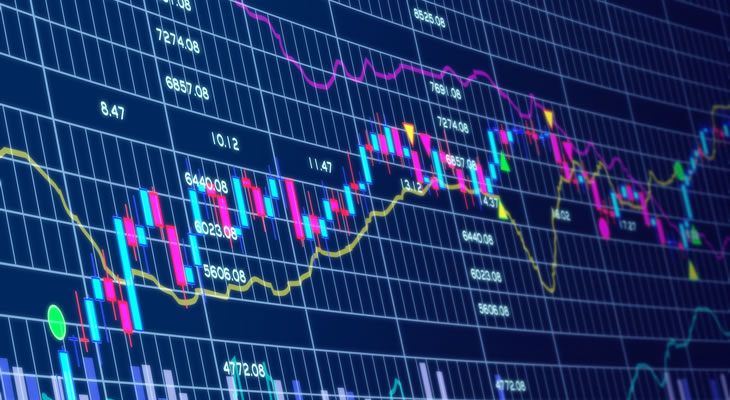Pound to Australian Dollar Exchange Rate Avoids Losses despite Brexit Jitters
Continued signs of weakness in Australia’s economy and rising Reserve Bank of Australia (RBA) interest rate cut bets left the Pound Sterling to Australian Dollar (GBP/AUD) exchange rate as one of the few major Pound (GBP) exchange rates rising today.
Since opening this week at the level of 1.8200, GBP/AUD has been climbing solidly and looks to see some of the gains it failed to make last week.
This morning, GBP/AUD briefly touched on a fresh June high of 1.8372 before trending closer to the level of 1.8337 at the time of writing.
GBP/AUD is still up on the day however, despite fresh concerns that a no-deal Brexit is possible. The Pound (GBP) has seen weaker movement since an attempt to prevent a no-deal Brexit failed to make it through Parliament yesterday.
The primary cause of Pound to Australian Dollar gains today was the latest Australian job market though. This was despite the job data containing some better-than-expected aspects.
Pound (GBP) Exchange Rates Limited as Latest Attempt to Prevent No-Deal Brexit Fails
Some investors have opted to keep buying the recently weak Pound back from its worst levels this week, but its potential for gains has been limited as Brexit and political uncertainties still dominate Britain’s outlook.
Sterling saw a brief boost in demand yesterday, as investors reacted to news that Britain’s opposition Labour Party was making a fresh attempt to block a no-deal Brexit from becoming reality.
This caused brief hope that even if UK Prime Minister Theresa May’s successor supports a harder Brexit, a no-deal outcome could still be prevented.
However, the vote to prevent no-deal ultimately failed to pass through Parliament. The ruling Conservative Party voted against the plan quite strongly as it was tabled by Labour Party Leader, Jeremy Corbyn, rather than by a backbencher.
As a result, Sterling’s movement has been a little weaker since yesterday evening.
Australian Dollar (AUD) Exchange Rates Tumble as Australian Job Data Influences Central Bank Speculation
Despite the Pound’s weakness today though, the Pound to Australian Dollar (GBP/AUD) exchange rate still edged higher and this was due to an even weaker Australian Dollar.
Investors sold the Australian Dollar today due to a combination of global and domestic factors weighing on the antipodean currency.
US-China trade jitters are persisting and this is keeping the trade-correlated ‘Aussie’ under pressure, but the main cause of GBP/AUD losses overnight was Australia’s May job market report, which had mixed results.
While Australia’s employment change figure came in at a much stronger than expected 42.3k and the participation rate unexpectedly rose to 66%, this meant that the nation’s key unemployment rate failed to strengthen as expected.
With the unemployment rate remaining at 5.2% instead of the expected 5.1%, some investors bet that the Reserve Bank of Australia (RBA) was more likely to cut Australian interest rates again in July.
However, ‘Aussie’ losses were still limited as the mixed results didn’t cause a surge in concern either.
Pound to Australian Dollar (GBP/AUD) Exchange Rate Could See Further Gains
While the Pound lacks solid fresh support and next week’s UK data could continue to be overlooked amid political uncertainties, the Pound to Australian Dollar (GBP/AUD) exchange rate could still climb further.
As the Australian Dollar remains unappealing on US-China trade jitters and Reserve Bank of Australia (RBA) speculation, GBP/AUD could simply keep gaining as the ‘Aussie’ falls.
US-China trade tensions are likely to see increasing market focus towards the end of the month, due to expectations that US President Donald Trump and China President Xi Jinping will meet at an upcoming G20 summit.
As China is Australia’s biggest trade partner, this will continue to influence AUD movement.
Australian Dollar investors will also be keeping an eye on Tuesday’s RBA meeting minutes report, which could influence RBA interest rate cut bets and the Pound to Australian Dollar (GBP/AUD) exchange rate if it surprises markets.


Comments are closed.